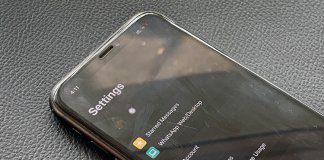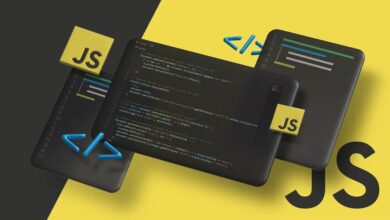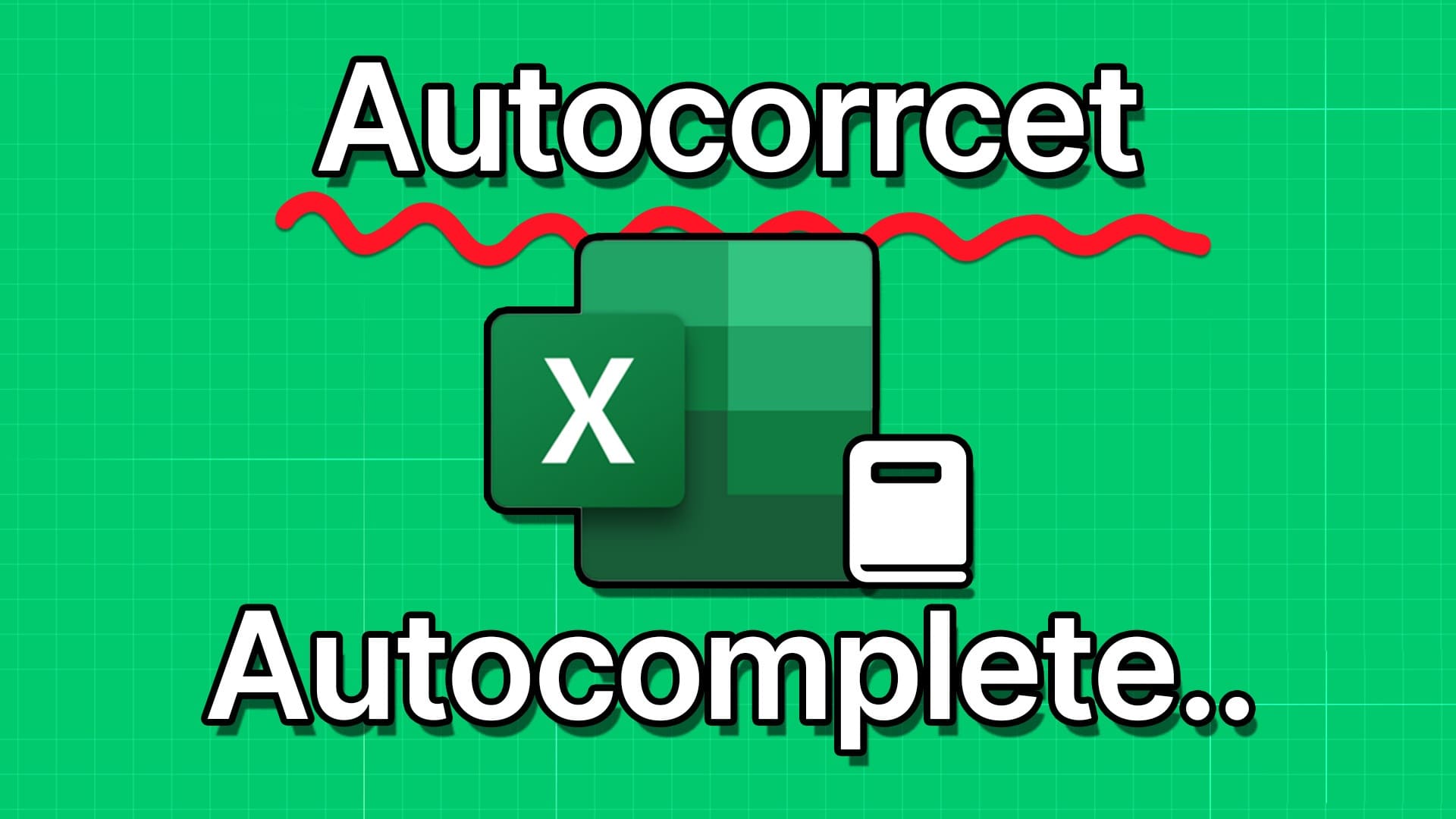Prepare External drives Useful for anyone who doesn't want to store a lot of folders on their Mac or doesn't have the space to do so. One of the most common ways to eject an external drive is to: Pull out the USB cable , which is understandable – it's the easier option.

However, regularly removing the drive like this can lead to problems in the future, so it's best to avoid it.
So, how do you safely eject your external drive? MacWe will suggest three different ways.
Why you shouldn't pull the cable to remove the drive
If you're in the habit of pulling out your USB cable as soon as you're done using it, you're not alone. Doing so can expose your files to potential danger. external drive At risk
Data corruption is often one of the most common problems caused by unsafe removal of an external drive. Also, if you tend to do this while transferring files, you put the drive and files at risk.
If your drive's data is corrupted, you may have no way to recover the files that were there later. So, in addition to having to pay for a new device, you could also lose months—if not years—of work.
Now you know why it's better to be careful than to act incorrectly when removing an external drive. Below are three steps on how to perform this procedure safely.
Remove the drive from your desktop.
After installing an external drive on your computer, you'll usually see an icon for it on your desktop whenever it's plugged in. In addition to using this to access what's on the device, you can also eject the drive here.
Here are the steps you need to take to safely eject your external drive from your desktop.
Step 1: Close all windows or minimize them to Mac desktop.
Step 2: On the external drive icon, click Ctrl وTrackpad At the same time.

Step 3: Locate "Eject [drive name]".

Step 4: Wait for the process to complete. Once the logo disappears from your screen, you can pull the cable out.
Eject the drive using the finder tool.
Another way to safely remove the drive is by FinderThis method is particularly useful if you have multiple windows open and don't want to minimize or close them. Ejecting your drive through this application is also useful if you can't see the logo on your desktop for any reason.
To remove a drive using Finder, you will need to perform each of the steps below.
Step 1: Open an app Finder , or click on the logo if it's already open.
Step 2: Look at the left side of the app, where you will see the subheadings “Sites".
Step 3: The external drive should be listed under Locations. If so, click using the trackpad while holding down CTRL.

Step 4: Select “Eject” [drive name]".

Eject the drive using your keyboard.
One handy and often underused shortcut for safely ejecting an external drive is to use your keyboard. You can do this either from the desktop or in the Finder, and the process is very simple.
If you prefer to remove the external drive using Mac keyboard , follow the steps below this text.
Step 1: In Finder or on the desktop, click once on the icon. external drive.
Step 2: press my key cmd و E At the same time.
Step 3: Once the external drive is gone, feel free to remove the device from the drive. USB.
Proper file extraction preserves your files.
There's a common misconception that pulling the plug is the easiest way to remove an external drive. It may seem convenient, but doing it repeatedly makes it difficult. File recovery Or you may have to buy a new external drive.
While safely removing an external drive takes a little longer, the process is far from complicated. And on a Mac, you have plenty of options when it comes to performing this procedure.
The three methods mentioned in this article take a few seconds at most. Try each one and see which one works best for you.










